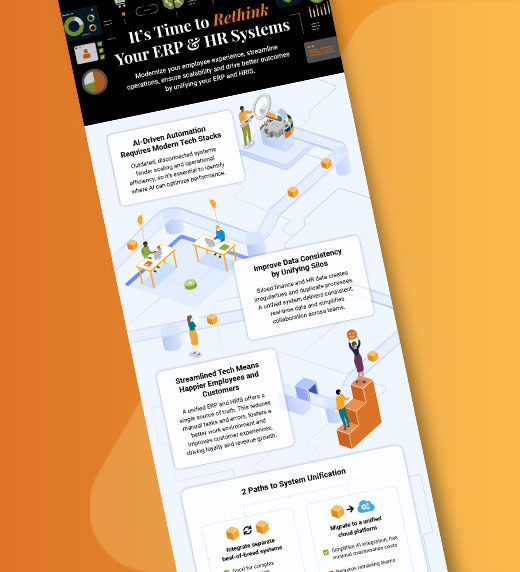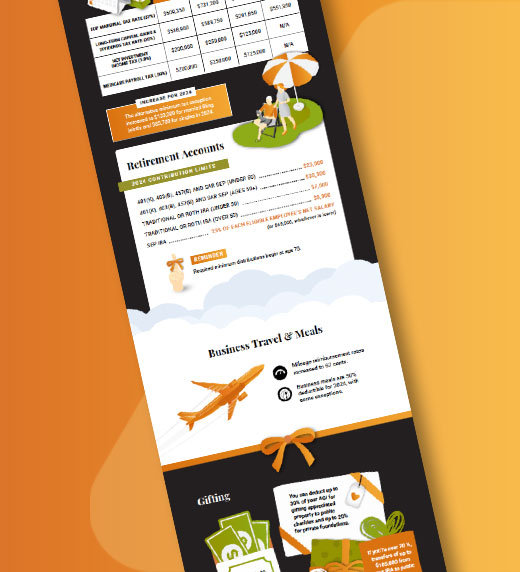
In our article, Saving Taxes with Loan-Out Corporations, we discussed the tax issues faced by U.S. entertainers performing services abroad. In this issue, we discuss the opposite scenario: U.S. tax issues foreign entertainers face when performing in the U.S.
This article focuses expressly on non-resident entertainers coming to the U.S. to work on specific short-term projects (i.e., concert tour, film, etc.) and not on non-residents who intend to live and work in the U.S. for extended periods of time.
How the U.S. Taxes Nonresident Aliens (NRA) and NRA Entertainers
Like every part of our Internal Revenue Code (IRC) the tax laws that apply to NRAs are complicated—full of arcane rules—and exceptions to the rules. There is no way we can adequately describe all these rules in this article, but the following are good guidelines to keep in mind:
The Witholding Issue
An NRA entertainer who performs services in the U.S. is considered to be engaged in a U.S. trade or business, and so will be subject to federal (and California) income tax on the net income from services performed here. However, a problem arises due to the very strict withholding regime that requires payors to withhold 30% of the gross payments made to the NRA entertainer.
This mandatory withholding regime can create a severe cash-flow burden on the entertainer as illustrated in the table below.
|
The Withholding issue Example |
Income Tax |
Withholding Tax |
|
Gross Income from Project |
$100,000 |
$100,000 |
|
Less Related Expenses |
||
|
Travel |
($10,000) |
|
|
Hotel/Lodging |
($25,000) |
|
|
Agent Fee |
($10,000) |
|
|
Other Related Costs |
($30,000) |
|
|
|
||
|
Net Taxable Income |
$25,000 |
$25,000 |
|
Tax Rate |
35% |
30% |
|
|
||
|
Tax |
$8,750 |
$30,000 |
|
Amount of Over Withholding |
$21250 |
|
This example shows how extreme the over-withholding can be, and that it can even create situations that result in an overall negative cash flow to the NRA entertainer.
The Cure
In general, NRAs can provide payors with documentation (e.g., Form W-8BEN) demonstrating that they qualify for a lower rate of withholding. However, there is still one avenue available to NRA entertainers to avoid excessive withholding; the Central Withholding Agreement (CWA). A CWA is a procedure by which an NRA entertainer may make an application directly to the IRS requesting a lower withholding rate.
The submission includes copies of contracts, budgets, and any other documentation that would support a withholding rate lower than the standard 30%. The IRS will review the application, and if approved, will determine an appropriate withholding rate, which ensures that at least 100% of the applicable tax will be withheld on the NRA entertainer’s income.
So in the Witholding Issue example on the previous page, the IRS could approve a withholding rate of 10% since, at that level, 100% of the estimated final tax liability would be withheld.
The Challenges
There are several challenges that the NRA entertainer will face in filing a U.S. NRA tax return and in applying for a CWA.
Some of the challenges we’ve encountered in our practice are as follows:
Filing a U.S. NRA Tax Return
Information gathering: The NRA tax return (Form 1040-NR) requires a substantial amount of information to be included, including obtaining IRS forms from third parties to support amounts of withholding. The time and energy required to gather this information can be substantial.
Individual Taxpayer Identification Numbers (ITIN): If the NRA entertainer does not have a U.S. Social Security Number (SSN) and does not qualify to receive one, he/she must obtain an ITIN. Without an ITIN or a SSN, the IRS will not issue a refund of the withholding. The application for an ITIN can be filed together with the Form 1040-NR.
However, to verify the identity of the applicant, the application must include either an original document (i.e. a passport) or copy of an original that has been notarized as authentic by a U.S. Notary Public.
I have yet to meet a client who would trust the IRS with their passport, and finding a U.S. Notary Public outside the U.S. can be a difficult task, making this requirement fairly onerous.
CWA
Timing: The IRS requests the CWA application be submitted 45 days prior to the NRA entertainer beginning work in the U.S. Since the CWA application process can require substantial work to derive the budgets and gather other supporting documents, the NRA entertainer really needs to start the process at least two months prior to beginning work in the U.S.
The NRA entertainer’s history in the U.S.: Before approving the application, the IRS will do research (i.e., in their own records and on the internet) into whether the NRA entertainer has previously performed services in the U.S. and if any required tax returns were filed. If the IRS finds services were preformed but tax returns were not filed, the CWA application will not be approved until the prior years’ compliance lapses have been corrected.
Lack of knowledge of the payer: Even if a CWA application is issued, if the payor is not sophisticated, he may choose to withhold at the 30% rate to be conservative.
December 12, 2012


